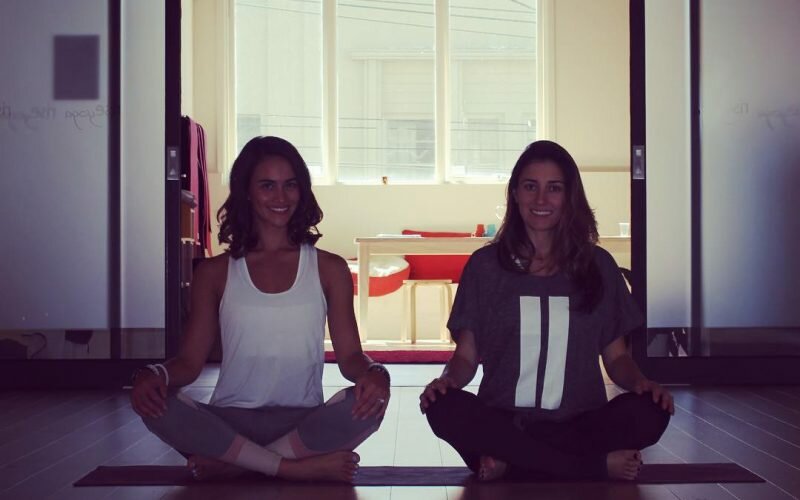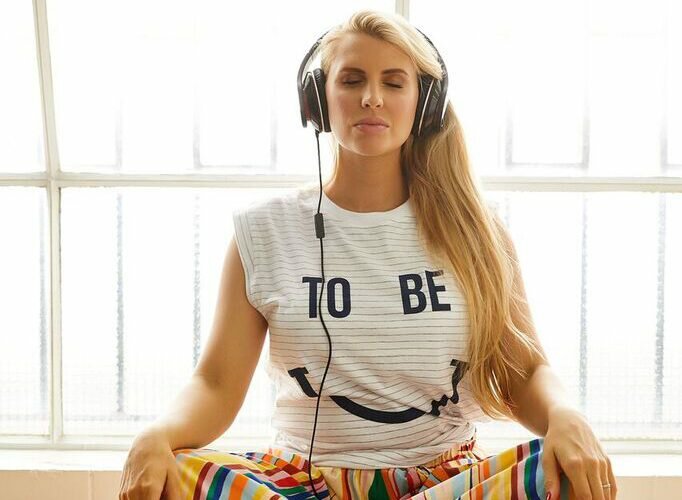Making changes in your life, like reducing your expenses and reigning in your spending or mindful spending, can be very difficult. Even more so if you haven’t stopped to think about your motivation for buying things in the first place or if you don’t feel there’s any reason to change your behaviour.
The purpose of mindful spending is to understand why you are purchasing certain things, and to become more aware of your spending activities. The idea is to stop and ask yourself if you’re really getting happiness and joy out of the things you’re buying and whether this is the best use of your money.
Why track spending at all?
Many of us are spending our pay check and more (think credit cards, line of credit, overdraft, loan redraw, personal loans) on things in the pursuit of happiness. We think accumulating more stuff is going to make us happier or our lives easier.
You might have seen the internet meme or heard the amusing saying – “Money can’t buy happiness, but it can buy you a jet ski. Have you ever seen anyone sad on a jet ski?”
Maybe, but we’ll unpick that more shortly. There’s certainly an element of happiness that comes when you purchase a new item, but over time the happiness you derive from the item decreases. Like when you get a new phone, the first few days you whip it out you’re so happy with it and enjoy using it. But within a couple of weeks the novelty has worn off and you don’t get the same buzz anymore. In fact, it’s just a phone and it won’t stop buzzing with annoying notifications or people wanting to sign you up for dubious tax breaks.
Happiness is a choice
A lot of research suggests that you can be happy without lots of things in your life. Happiness is a choice you make, irrespective of what you earn, what you own or how much those things cost you.
Someone with less stuff and income than you can easily be happier and enjoy a sense of abundance because they choose to be happy with their circumstance and living within their means. Others choose to pursue experiences or learning new skills over buying things. And research shows that if you’re going to spend your money – it’s better to spend it on experiences or contributing to other people, they’ll likely bring you greater joy in the long term.
Going back to our jet ski discussion from earlier – you probably wouldn’t get a lot of joy out of just possessing a jet ski and having it sit in your yard. Or in maintaining and servicing the jet ski, washing it and refuelling it – not so fun. Rather the fun and happiness you get from it is when you take it out on the water and go racing off toward the horizon with the wind whipping your hair, the salty fresh tang in the air and the light spray of the ocean drifting up and settling on your shoulders. It’s the experience you get by using the jet-ski and not the fact that you posses the thing that makes you happy.
Experiences form part of who we are as a person, we take them with us long after the initial occurrence. Your diamond ring, BMW or designer shoes are not part of who you are, you wear or use them for a while but they don’t make you a better person.
Buying things is also a choice. And can become a habit
Buying items to impress other people or to chase that little happiness buzz is also a choice. It’s a choice whether you buy a new widget or go out for dinner at the expense of paying your bills on time or paying off your personal debt. Sometimes you actively choose to do these things, knowing it’s not a great idea (treat yo’self right?) – other times you just do it without even thinking about future consequences.
The other aspect of mindless buying are the habits we build. If you buy a coffee every day on the way to work or get your hair blow dried once a week you stop thinking about the money attached to this transaction, as it’s simply become a habitual behaviour that you mindlessly engage in.
The result is you’re spending money without realising it or stopping to ask yourself why.
Steps to spend a little more mindfully
We’re certainly not suggesting you stop buying anything at all. But when you do buy something, whether it be food, entertainment or other ‘want’ items just take a moment to notice what you’re doing and ask yourself a few questions.
Why am I buying this?
- Are you bored?
- Are you treating yourself after a stressful day?
- Are you trying to impress someone else?
Do I need this in my life?
- Are you replacing or upgrading something broken?
- You’ve lived this long without it, do you really need it?
Will this thing bring value to my life?
- Or will this thing cost a lot of time/money to maintain?
- Will this thing actually make me happier?
Can I actually afford to buy this?
- Could this money be better spent on something else?
- Do you have debt or bills that could benefit from this contribution?
How are you spending?
Finally, think about how you are spending your money. Is it online subscriptions, in-app purchases, one-click spends to buy books, tap-n-go to buy coffees or the novelty of paying for stuff on your phone. Little purchases like $3.50 on coffee, $7.80 on baked goods or morning tea, $25 on a bottle of wine, $11 on a sandwich and $16 per day on parking all add up (specifically to $63.30 which is what an average day looks like for lots of people). Living expenses can get out of control, which can also have an impact if you want to do things like buy a house.
For a few days, maybe even a week, try spending cash. Take money out at the ATM and try spending cash directly and see how you feel. For some it might make no difference, but if you try this along with asking yourself those few questions above before you spend you might find your spending changes a little.
You could even try a no-spend day where you don’t spend any money on ‘wants’ or luxury items, and see how you feel. Maybe it’s not the end of the world if you make coffee at home instead of buying out or if you bring a packed lunch to work rather than getting sushi.
It’s mindless and habitual spending, coupled with a disconnect from the money we are spending that is the cause of many people coming undone financially and living beyond their means.
If you manage your cash-flow (in and out) with intention and engage in mindful spending you’ll probably find the things you spend your money on change and even reduce, and you might just find you feel a little happier for it.
Got a money question? Email us at and we can put together some information to help get it sorted.






